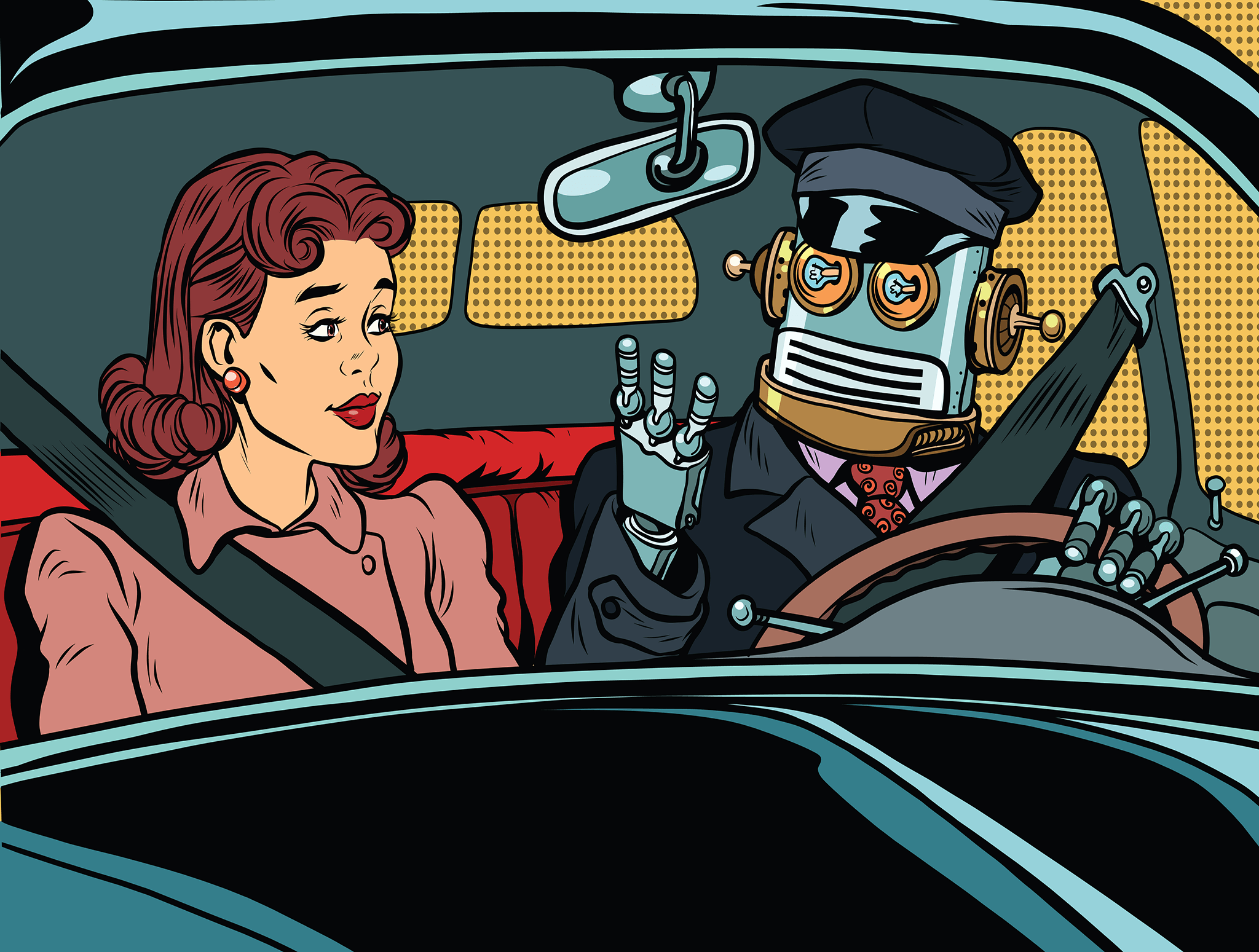What Is Sentience?
If you’ve been following the news of late you know that the sentience of artificial intelligences is a hotly debated topic in the halls of government, institutions of higher learning, and even in our houses of worship. Unfortunately, in each of those settings the definition of the term varies somewhat. To make sure you don’t look foolish at the watercooler tomorrow, here is a handy primer on what someone might mean when they say “sentient.”
- A Philosopher might mean: the ability to have subjective perceptual experiences. This is a very narrow definition, better suited to discussions of simple consciousness, and largely unrelated to the common usage of the term.
- An Animal Rights Activist might mean: the ability to experience pain or pleasure. They focus primarily on quality of life issues for beings that can experience discomfort. Again, this is not what most people intend when they say “sentient.”
- A Yogi or Guru might mean: the ability to sense stimuli. In many Eastern religions, simply having senses qualifies a being as sentient, thus all animals are considered sentient. This is similar to the Animal Rights Activist’s position, but no closer to the common meaning affixed to the term.
- A Roboticist might mean: having intelligence of a human level or higher. Although “sentient” is often conflated with “sapient” (which comes from a Latin term for wisdom), the two are actually separate concepts employed to describe the quality of created intellects. This is closer to the meaning of the term as it is employed in common conversation by laymen, but still falls a bit short.
- A Robot Personhood activist might mean: having human level intelligence plus self-awareness, ambition, will, ethics, personality, insight, humor, and a host of other human qualities. Intrinsic to this use of the term is the ability to create concepts that are new, and not simply the recombination of learned material. This is probably closest to the common use of the term sentient, and it has motivated tens of thousands to protest in support of artificial intelligences.
- A Member of Congress might mean: a “person” under the laws of the United States, and thus afforded rights and protections as outlined in the Constitution and Federal Statutes. This legal definition is being debated now in the form of the “Biological Sentience” and “Robot Personhood” bills in the Senate and the House.
Armed with this information, you are now ready to navigate those tricky workplace conversations. You might even be ready to make your voice heard beyond the office cafeteria. Participate in our democracy by contacting your congressional representatives to express your opinion today, and listen to the Planetary Broadcast Network for more information as Robot Personhood demonstrations continue around the globe.

